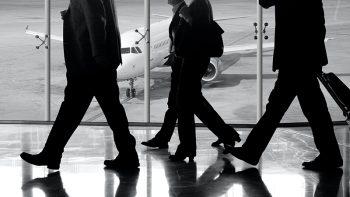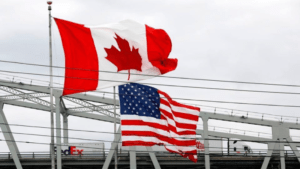
According to a new survey conducted by Chartered Professional Accountants of Canada (CPA Canada) and released on 08 JUN, 79 per cent of Canadians said that they are concerned about the current safety of travel, and many are planning to not take a trip this summer.
In line with earlier polls reported by Open Jaw last week, Canadians’ travel plans for the summer focus on outdoor domestic travel. When asked about their vacation plans, responses from the CPA Canada 2021 Summer Spending Study revealed that 30 per cent of Canadians are not planning to take a vacation this summer, 35 per cent are still undecided or delaying their vacation decisions, 15 per cent plan to take vacations within the area that they live, and only 22 per cent plan to vacation outside of the area where they live.
Of the 22 per cent of Canadians who plan to vacation outside of the immediate area where they live:
- 71 per cent plan to travel within their province or territory
- 36 per cent plan to journey to another province
- 14 per cent are planning a U.S. vacation
- 10 per cent are prepared to venture outside Canada and the U.S.
"A high proportion of Canadians are either not planning to take vacations, or are holding off on their decision," said Doretta Thompson, CPA Canada's Financial Literacy Leader. "Thirty per cent are not planning to take a vacation at all this summer. We asked a similar question in 2019 and, back then, only 18 per cent weren't planning to take a vacation."
This survey confirms other recent polls that predict tourism will likely be local this summer, with 35 per cent of Canadians anticipating spending more on transportation fuel this summer than they did in the summer of 2020, and 18 per cent planning to spend more on short-term vacation rentals. However, only 22 per cent anticipate increased travel and vacation costs from last summer.
According to CPA Canada, Canadians’ spending levels appear to be similar to that of previous years, although this year Canadians will be spending less of this money on vacations than they have in the past.





